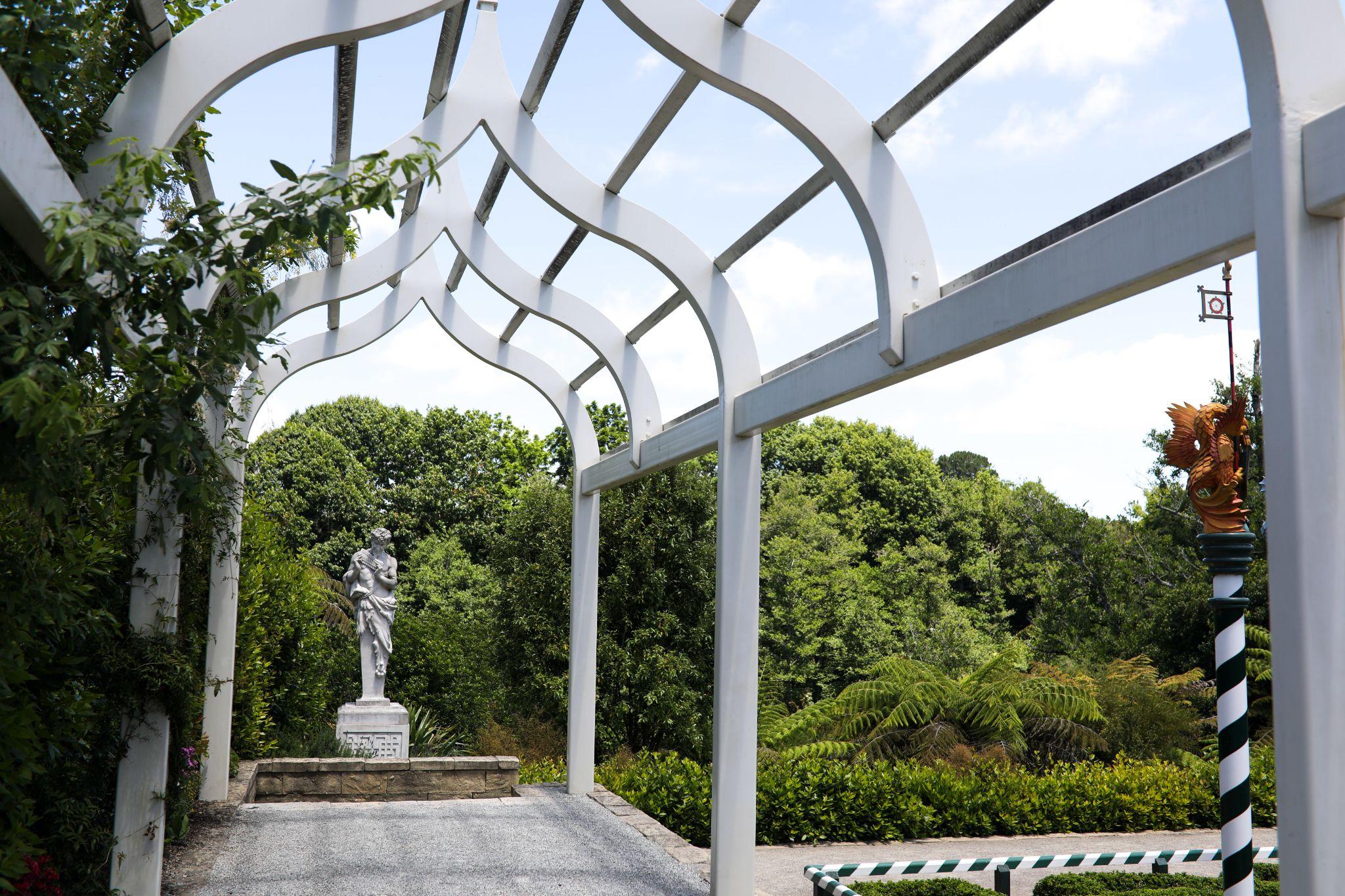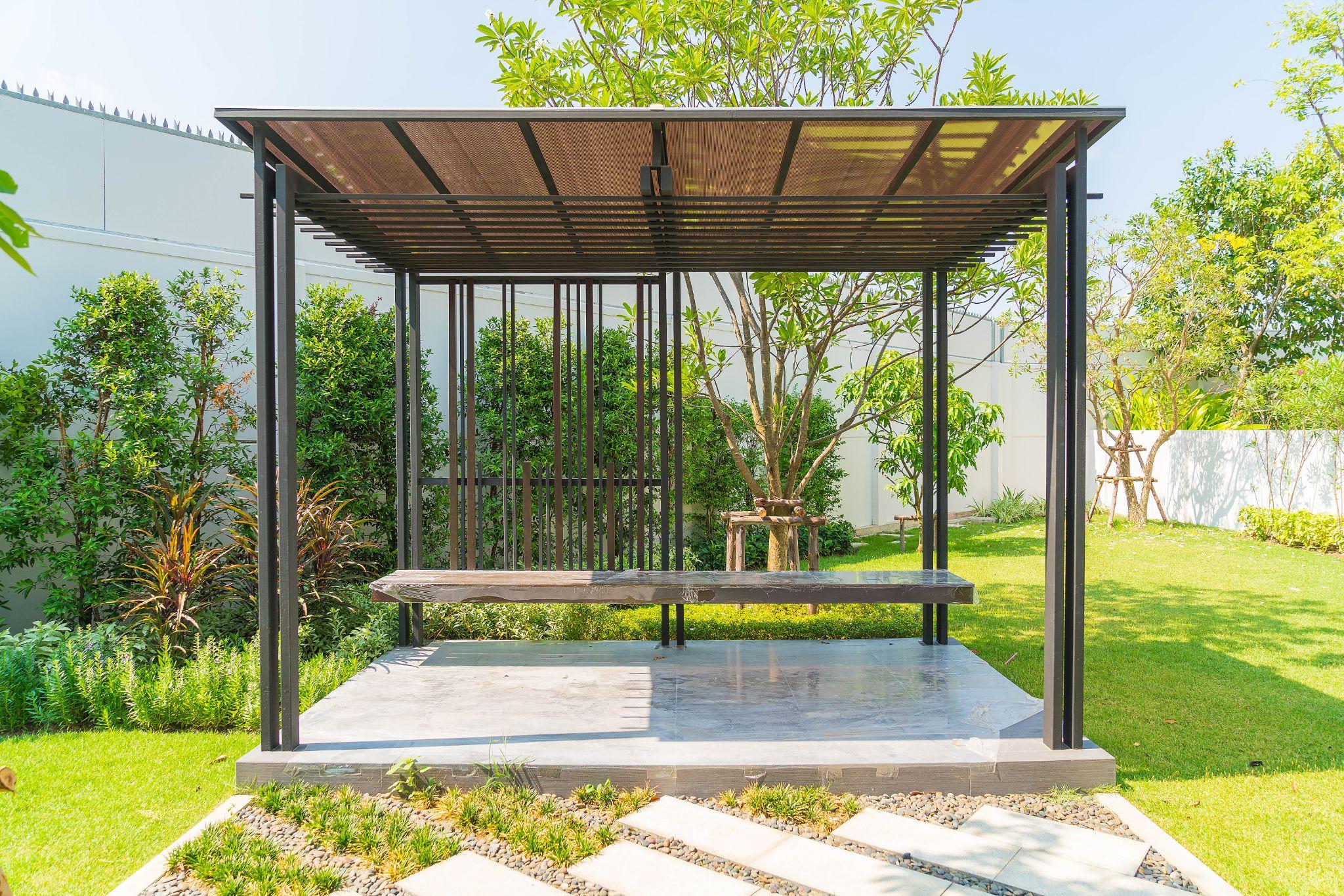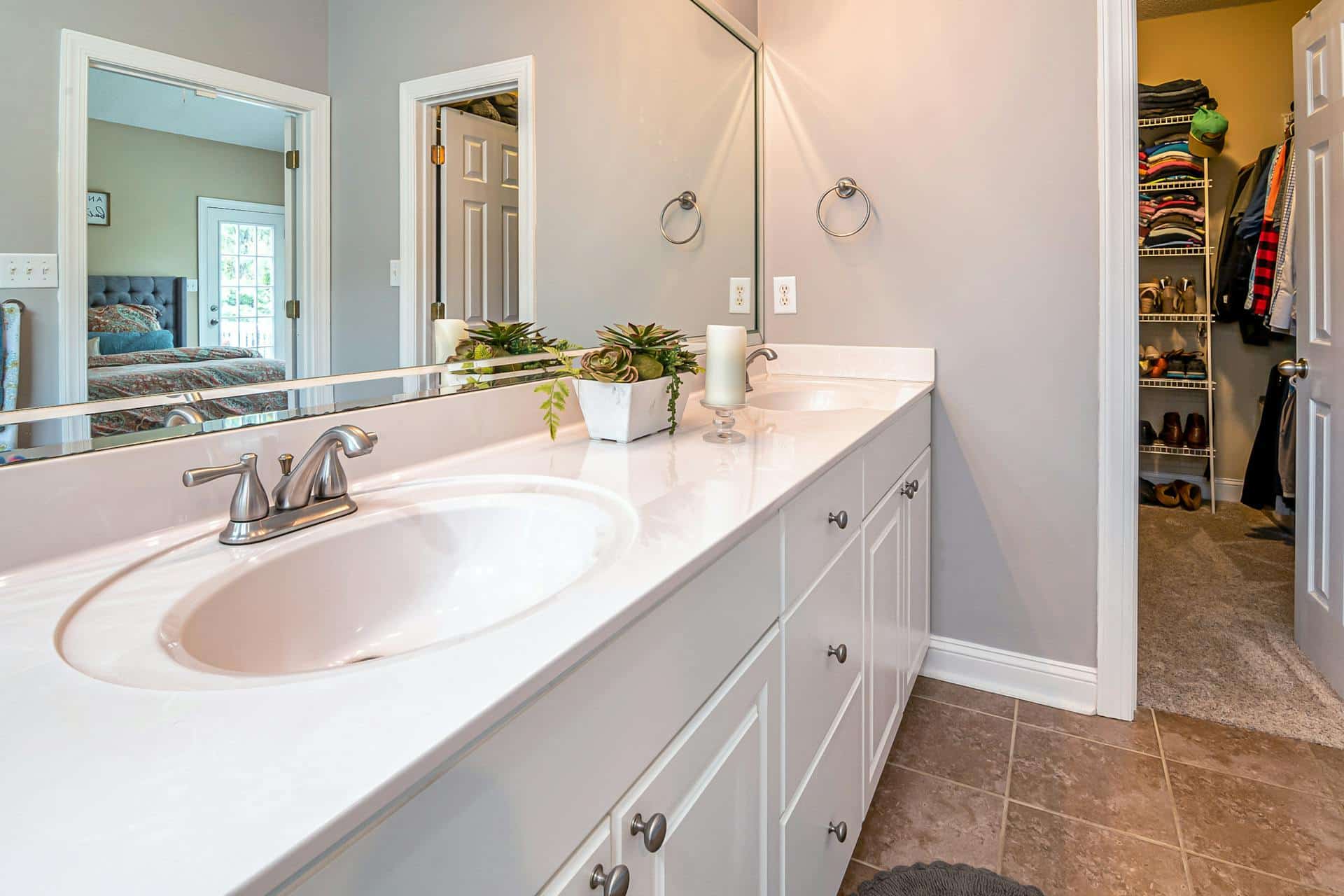Gardens are meant to be enjoyed year-round, but harsh weather can take a toll on outdoor structures. Rain, wind, snow, and intense sunlight can quickly wear down wood or composite materials, resulting in frequent repairs and replacement costs. Garden structures need to be durable, low-maintenance, and able to withstand the elements for years to come.
Metal fabrication offers a smart solution. It combines strength and resilience with design flexibility, allowing you to add functional and stylish features to your outdoor space. From pergolas to fences, metal structures not only last longer but can also enhance the overall look of your garden. By investing in metal structures, homeowners can create spaces that are both practical and visually appealing.
The Advantages of Metal for Outdoor Structures
One of the biggest benefits of using metal in outdoor structures is durability. Unlike wood, which can rot or suffer insect damage, metal is naturally resistant to many common problems. Steel and aluminum, when properly treated, can withstand rust and decay, giving you a structure that lasts decades with minimal upkeep. Even in regions with heavy rain or snow, metal performs better than most other materials.
Metal is also low maintenance. While wood often requires staining, sealing, or painting every few years, a metal structure can remain attractive with only occasional cleaning and maintenance. This makes metal ideal for homeowners who want strong garden features without a lot of ongoing work. In addition, modern finishes and coatings make it easier than ever to keep metal looking fresh and new.
Weather resilience is another key advantage. Metal holds up well against rain, snow, and strong winds, and coated or painted finishes can protect it from sun damage. You don’t have to worry about cracking, warping, or fading as much as you would with other materials. Metal can endure freezing winters and scorching summers, making it suitable for nearly every climate.
Finally, metal has a timeless appeal. Sleek steel designs or ornamental wrought iron can complement traditional, modern, or rustic gardens. Its versatility allows you to create features that fit your personal style while standing the test of time. Whether you prefer minimalist lines or intricate patterns, metal can be adapted to suit any aesthetic.
Common Metal Garden Structures
Metal is suitable for a wide variety of outdoor structures. Pergolas and gazebos, for example, benefit from metal’s strength, allowing for wide spans without bulky supports. This provides both shade and an open, airy feel, making them perfect spots for relaxing, dining, or entertaining. Adding climbing plants or hanging lights can further enhance the charm and usability of these structures.
Trellises and arbors are other popular choices. Metal structures support climbing plants like roses, wisteria, or ivy without bending or breaking over time. Unlike wood, which can weaken and splinter, metal trellises remain stable, giving your plants a reliable framework for growth. These structures can also be painted or powder-coated to add a splash of color to your garden.
Fencing and gates are also commonly made from metal. They combine security and style, with materials like wrought iron or powder-coated steel providing a solid barrier while still looking attractive. Custom designs allow you to match fencing to the theme of your garden. You can also add decorative touches such as scrollwork or finials for a unique appearance.
Beyond these, custom metal features can add unique touches to your outdoor space. Benches, planters, decorative screens, and even fire pits can all be fabricated from metal. This allows homeowners to create cohesive outdoor spaces where every element is both functional and durable. The flexibility of metal ensures that you can design features that fit both small city gardens and expansive country yards.

Why Fabrication Matters
The benefits of metal structures are greatly enhanced by professional fabrication. Precision engineering ensures that every piece fits together safely and lasts over time. Poorly made structures can bend, rust prematurely, or fail under heavy loads, so working with skilled fabricators is important. Custom metalwork also allows for personalized designs, whether you want a simple steel pergola or an intricately patterned wrought iron gate.
For anyone curious about how metal structures are built, a guide to metal fabrication explains the steps involved in turning raw materials into strong, weather-resistant garden features. Understanding these steps can help homeowners make informed choices about materials, finishes, and designs, ensuring that the final result is both practical and long-lasting. Fabrication also allows for innovative design choices. Curved arches, geometric patterns, and custom-sized pieces can be created without sacrificing strength. This means your garden can have unique structures that look expensive but are built to last.
Practical Considerations & Maintenance
Choosing the right finish is crucial for prolonging the life of metal structures. Powder coating, galvanization, or paint can all protect against corrosion and sun damage. Selecting the appropriate coating for your climate can prevent premature wear and keep structures looking new longer. Regular touch-ups can also extend the life of the finish, especially in areas exposed to heavy rain or coastal salt air.
Maintenance is simple. Regular inspections for scratches, dents, or rust spots allow you to address issues before they worsen. Light cleaning with soap and water is usually enough, and occasional touch-ups to coatings can extend the life of the structure. Even decorative elements like gates or trellises benefit from a quick seasonal inspection to keep them functional and attractive.
It’s also important to select the right type of metal. Steel is strong and affordable, aluminum is lightweight and resistant to rust, and wrought iron offers classic beauty. Your choice will depend on your climate, budget, and the type of structure you want. Combining the right metal with proper fabrication ensures you get a long-lasting, low-maintenance outdoor feature.
Planning for placement is another factor. Positioning structures where they are protected from extreme weather or excess moisture can further extend their lifespan. For example, placing a pergola near a wall or using strategic landscaping to shield a gate from wind can make a noticeable difference in durability.
Conclusion
Metal-fabricated garden structures offer unmatched durability, low maintenance, and a timeless aesthetic. They can withstand harsh weather, support plants, provide shade, and secure your property, all while enhancing the beauty of your outdoor space.
Working with skilled fabricators ensures precision, safety, and design flexibility, giving you features that last for decades. Whether adding a pergola, trellis, fence, or custom decorative element, metal is a practical and stylish choice for anyone looking to build a long-lasting garden retreat. Thoughtful planning, proper finishes, and simple maintenance make metal structures a reliable investment for both small gardens and expansive landscapes.








